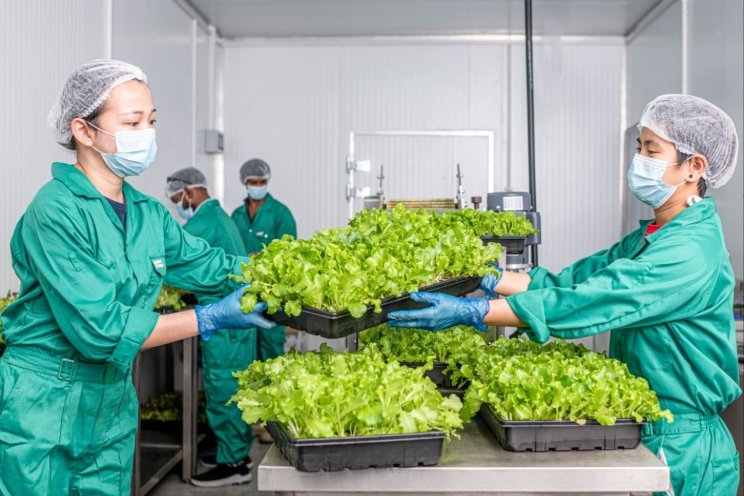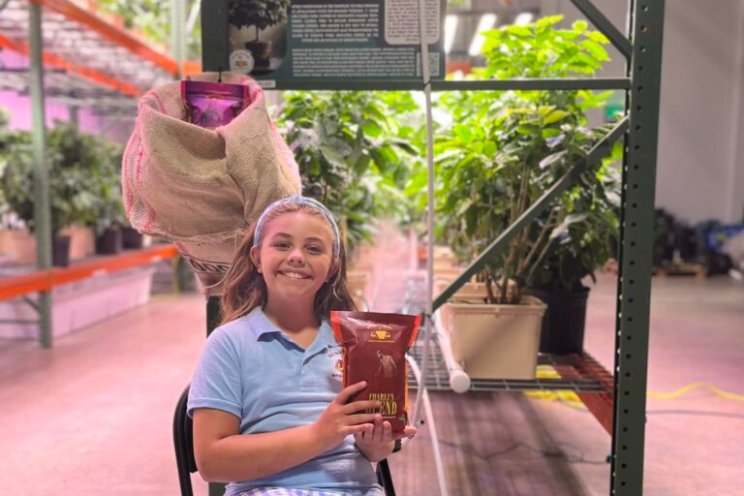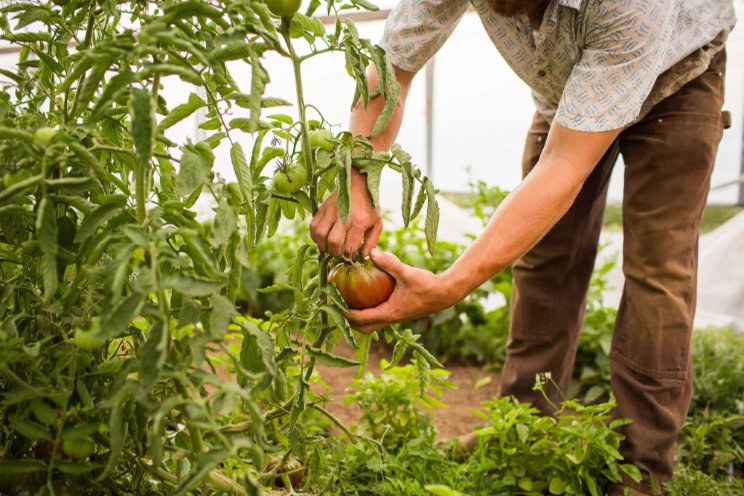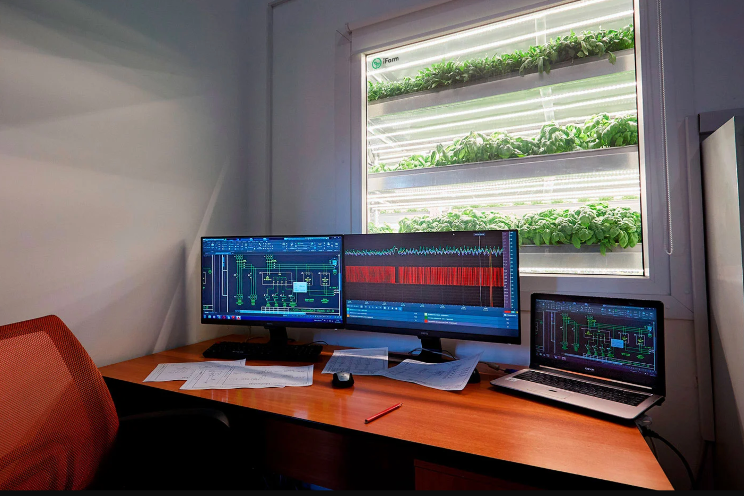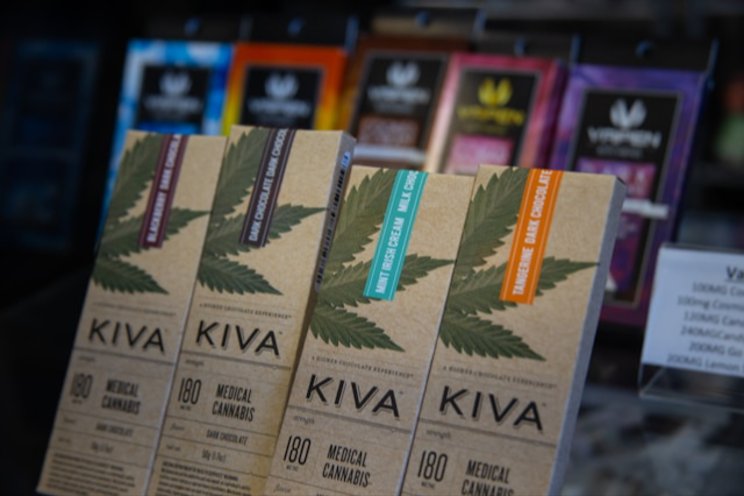Preparation and communication will be key for crop protection
Added on 13 December 2021
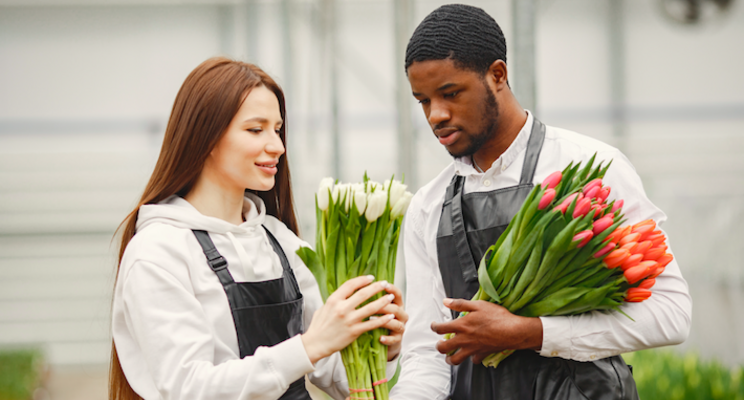
The pandemic has created an interesting set of circumstances where more people than ever before are buying plants and either dabbling in gardening for the first time or renewing their interest in it. The industry now has the challenge of retaining those customers, keeping them engaged, and providing the quality plants they expect.
"There is no doubt based on numerous consumer survey efforts over many years that they overwhelmingly want their plants, fruit, and vegetables organic where possible, and always guilt-free," says Steve Bogash, NE Territory Business Manager at Marrone Bio Innovations. "The tried-and-true marketing rule to make sure customers feel good about their purchases is now more important than ever."
This might be easier said than done with current supply chain disruptions, but greenhouse growers are never ones to compromise on quality. Perhaps that's why more growers than ever are getting proactive and reviewing their 2021 pest management programs now and developing integrated pest management (IPM) programs for 2022, according to Bogash, who says growers will need to move away from just-in-time purchases of important pest management tools or deal with the potential to find that their first, second, and perhaps even third choice materials are sold out.
"If items are delayed or unavailable completely, there's no pushing back a disease or insect outbreak until you can secure product to manage them. It's best for growers to plan and purchase their needs earlier than needed to avoid getting stuck behind the eight-ball," says Mark Brotherton, Senior Marketing Manager at OHP.
With so much uncertainty and disruption, there is much that is out of growers' control. Crop protection suppliers indicate they're focused on managing what is in their control to minimize the impact on their customers whenever possible. Part of that management strategy hinges on two-way communication between supplier and grower.
"One thing we can control is communication," says Liz Dunbar, Product Manager - Greenhouse & Nursery at BASF Professional & Specialty Solutions. "I encourage growers to communicate with their suppliers on forecasted needs as far in advance as possible. Planning for longer raw materials lead times as they schedule their production cycles helps suppliers with concrete needs and quantities that we can then plan around and adjust to fulfill to the best of our abilities."
Looking ahead to 2022, John Wendorf, Director- Turf, Landscape & Ornamental at SePRO Corporation, shares a few things growers need to be thinking about during their crop protection planning process.
Click here to read more.
Photo created by prostooleh - www.freepik.com
Source: Greenhouse Grower
More news

